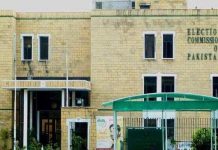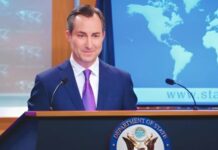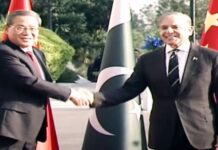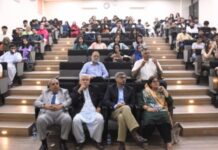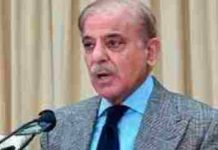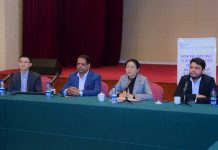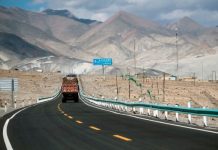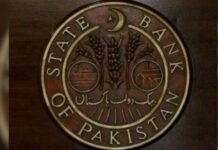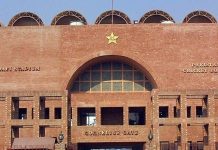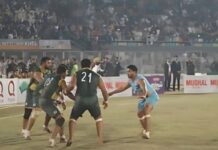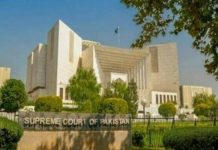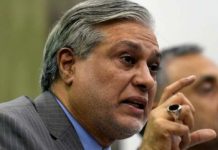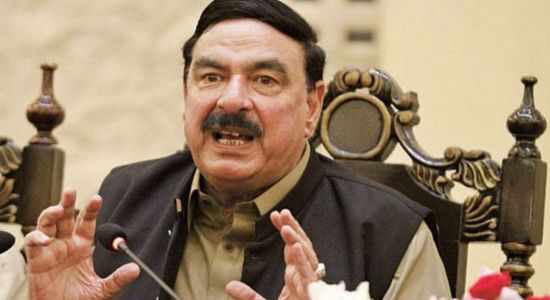ISLAMABAD, Dec 26 (NNI): Former interior minister and Awami Muslim League chief Sheikh Rasheed Thursday challenged his indictment in the GHQ attack case.
Rasheed filed plea in the Supreme Court through his lawyer Sardar Abdul Razzaq Khan.
In his petition, Sheikh Rasheed argued that there is no solid evidence against him to support the imposition of charges.
He claimed that none of the 95 witnesses in the case had identified him, and he was not named in the FIR. Sheikh Rasheed further asserted that he had no involvement in the GHQ attack case.
The petition also stated that without concrete evidence, no charges should be imposed, and Sheikh Rasheed should have been acquitted under Section 265 of the Criminal Procedure Code.
On December 6, an anti-terrorism court (ATC) indicted ex-prime minister Imran Khan along with over 100 other leaders of Pakistan Tehreek-e-Insaf (PTI) for allegedly inciting their supporters to attack the general headquarters (GHQ) and its installations in May 2023.
The jailed PTI founding party chairman and other leaders of his party pleaded not guilty to the charges as the court also indicted more than 100 others in May 09 mayhem case.
The ATC Judge Amjad Ali Shah conducted a hearing for the GHQ attack case at a makeshift court established inside Rawalpindi’s notorious Adiala Jail.
Over 100 individuals, including Sheikh Rasheed, Omar Ayub, Sheikh Rashid Shafique, Raja Basharat, and Zartaj Gul, were also indicted in the case.
The PTI chairman was arrested on May 9, 2023 from the premises of the Islamabad High Court, where he was attending a hearing in a corruption case. Khan, who served as the prime minister of Pakistan from 2018 to 2022, was accused of receiving illegal gifts and assets from foreign countries.
Imran Khan’s arrest sparked widespread protests and riots across the country, as his supporters and party workers took to the streets to demand his release.
The PTI protesters attacked and vandalized several civil and military installations, including the General Headquarters (GHQ) of the army in Rawalpindi, the Jinnah House in Lahore, the Mianwali airbase and others. The protesters also burned vehicles, blocked roads, and clashed with the police and security forces.
More than 5,000 people were arrested and charged under the Anti-Terrorism Act (ATA) and other laws for their involvement in the riots. The government also accused Khan of being the mastermind behind the attacks and said that it had evidence of his involvement. NNI






